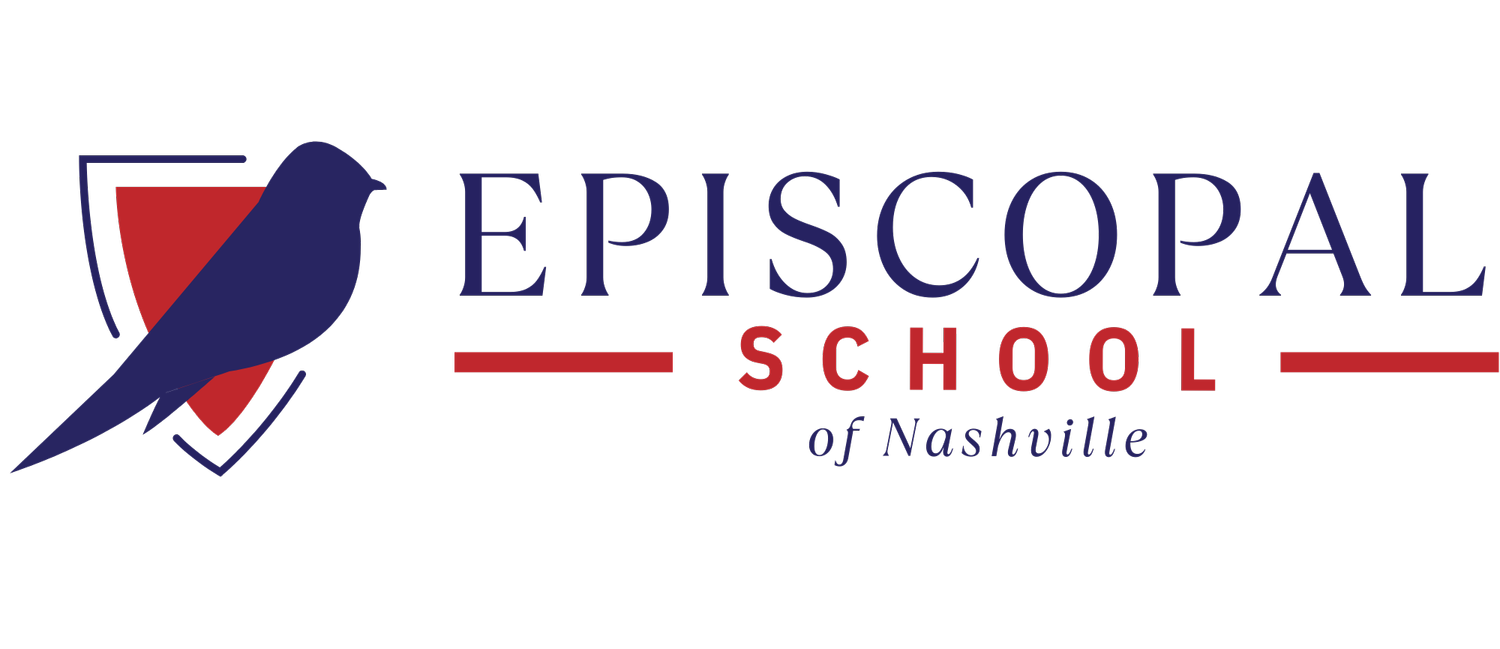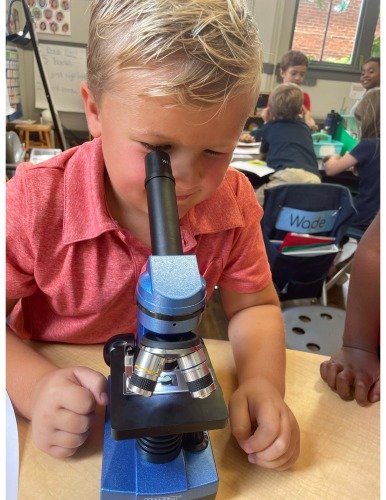From Knowledge to Growth: The Unique Advantage of MAP Testing at ESN
Education, in its truest form, isn’t just about learning facts, but understanding each student’s unique journey. At the Episcopal School of Nashville, we’re not just keeping pace with educational advancements but leveraging them to serve your child’s individual needs. Join me, as I share how our dedicated approach to testing underscores our commitment to every student’s progress.
What is the MAP test?
The Measure of Academic Progress (MAP) test has become an influential educational tool, used by more than 11 million students across the US and in 140 countries worldwide. At the Episcopal School of Nashville, we use the MAP tests three times each year (fall, winter, and spring) to assess our students in Reading, Math, Language Achievement (grades 2-4), and Science (grades 5-8). We’ve integrated it not as a mere metric but as a vital part of understanding and nurturing each student’s potential. What sets MAP Growth apart is its nature as a computer-adaptive test. Instead of presenting every student with a uniform set of questions, the test adapts in real-time. Answer correctly, and the subsequent question will be more challenging. Struggle with a question, and the next is slightly easier. This way, we ensure that our brightest minds are consistently challenged, while those who are still developing their skills aren’t demotivated.
How is MAP testing relevant to my child?
Every child has a unique learning profile, but teachers are forced to categorize their achievement in very narrow terms and are encouraged to “teach to the test.” Traditionally, many tests have focused on benchmark or criterion-referenced evaluations. While these have their merits, norm-referenced tests like MAP offer a broader view of a student’s capabilities. By analyzing data from millions of students, we can place our students on a spectrum, seeing not just how they perform against a set benchmark, but how they’re progressing compared to peers nationwide, and most of all, compared to their own performance over time. Such insights are invaluable in tailoring individual growth plans. In short, it provides important information so that teachers can help students make course corrections along the way; rather than the traditional autopsy at the end of the year. In short, MAP assessments allow for more tailored learning experiences and more informed academic support.
How does MAP testing benefit our school community?
At the Episcopal School of Nashville, the essence of our educational approach is individualized attention to nurture each child’s spirit of discovery and joy of learning. Through the insights provided by MAP, we are better equipped to refine our teaching methods. Whether a student faces challenges or is ready to tackle advanced material, our priority is to ensure they receive the attention and guidance tailored to their needs. The MAP data serves as a foundational tool for us, aiding in the personalization of instruction and pinpointing each student’s unique learning requirements. Consequently, and using other formative and summative assessments, we set academic goals, pushing every student to their potential while offering necessary support.
The outcomes of this strategy are evident in the performance metrics of our student body:
Reading: 94% of our students met or exceeded the national 50th percentile (and 100% of our third graders).
Math: 88% of our students met or exceeded the national 50th percentile.
Growth Targets: Notably, 70% of our students consistently met or exceeded their individual growth benchmarks.
Frequently asked questions:
-
Teachers utilize these scores to refine their approach, ensuring instruction aligns with each student’s needs and progress.
-
We undertake MAP testing three times a year – fall, winter, and spring – to consistently monitor and respond to student growth.
-
MAP Growth encompasses varied question formats, ensuring a comprehensive assessment. For a preview, visit Warmup.NWEA.org
To sum up, at the Episcopal School of Nashville, our priority is the individual academic journey of each student. Anna Combs, our Learning Specialist and Testing Coordinator, remarked, “Our approach is shaped by understanding each student’s needs.” Should you have further queries or concerns, please reach out at james.jordan@esnashville.org.





